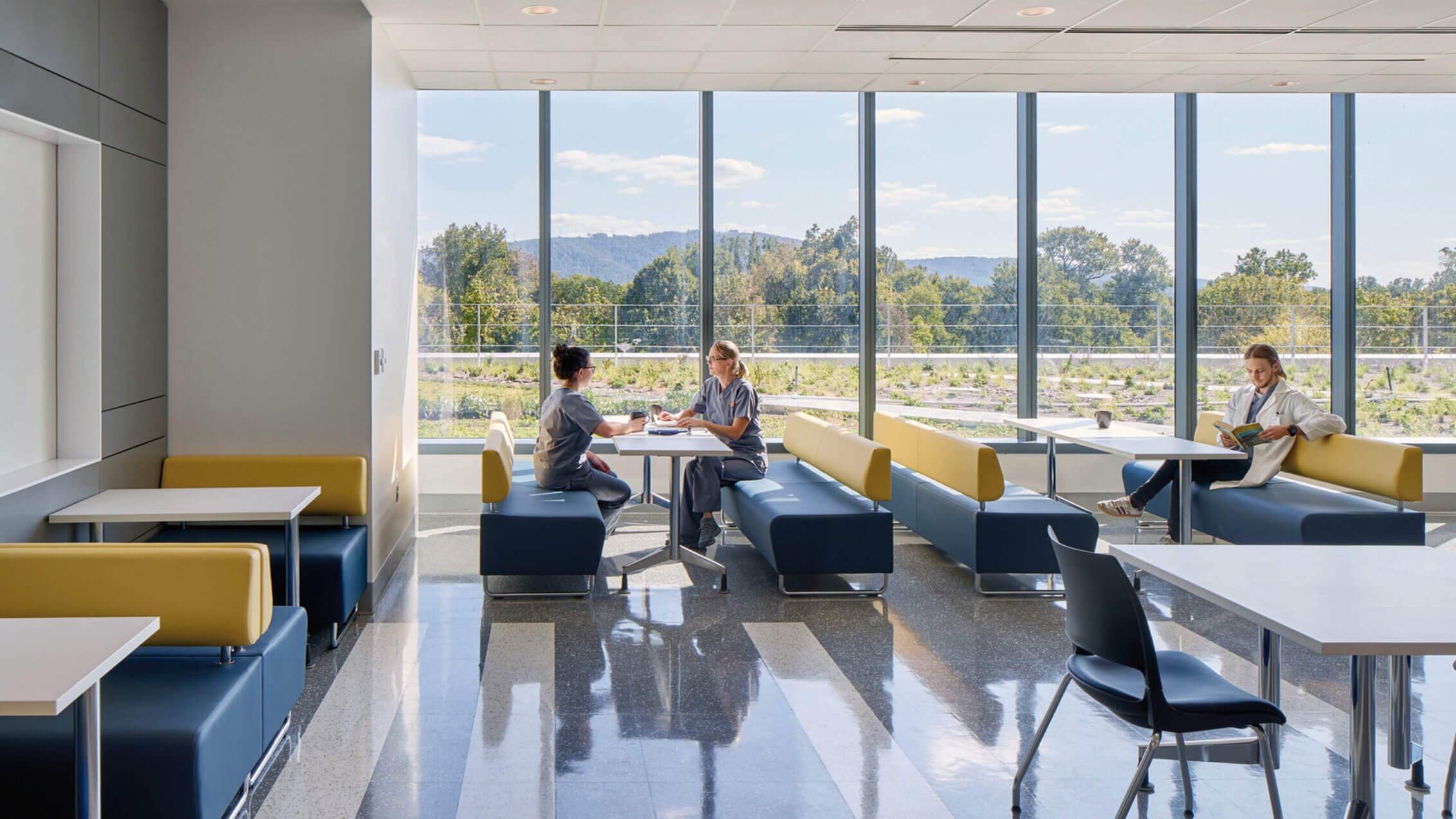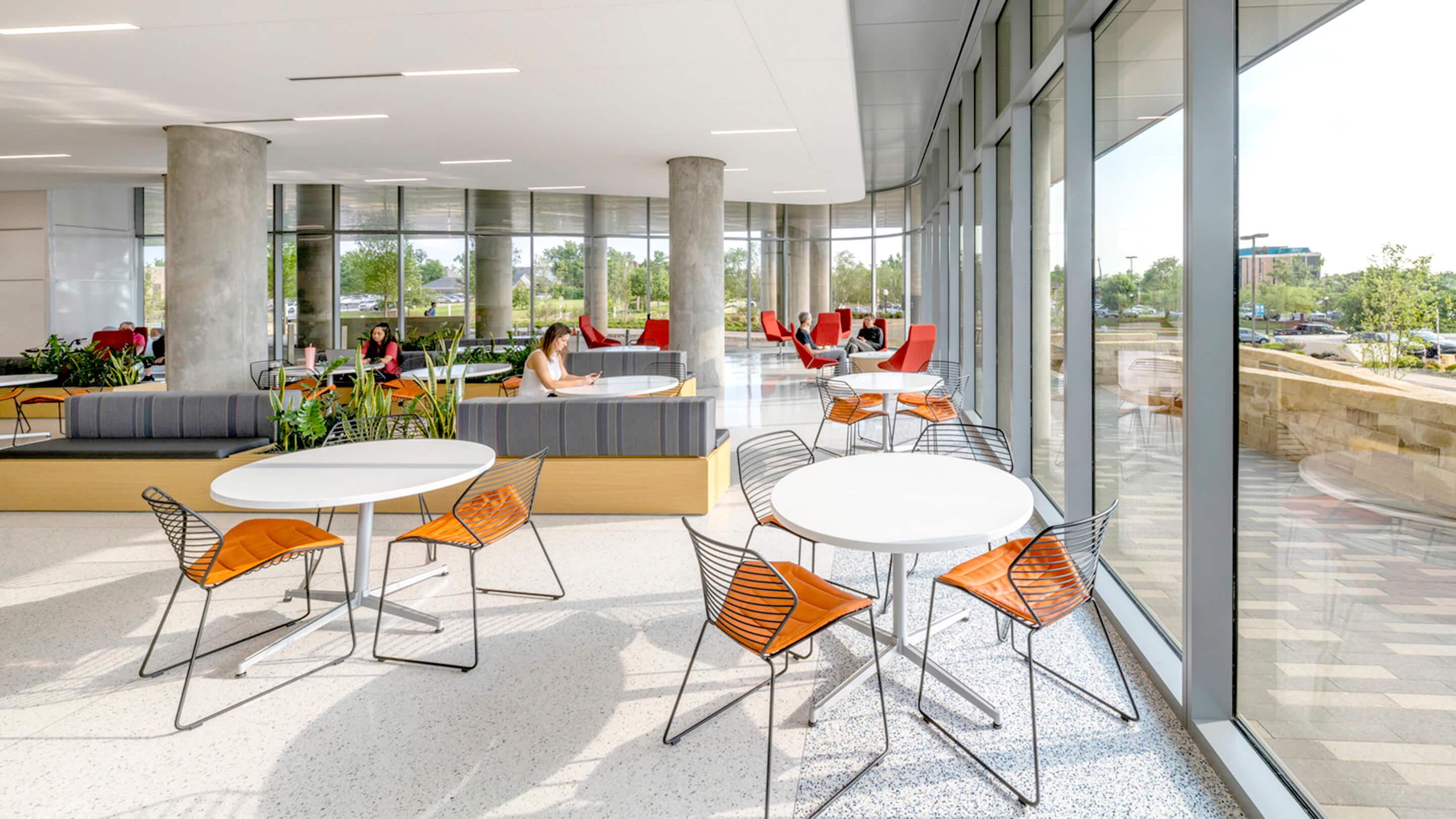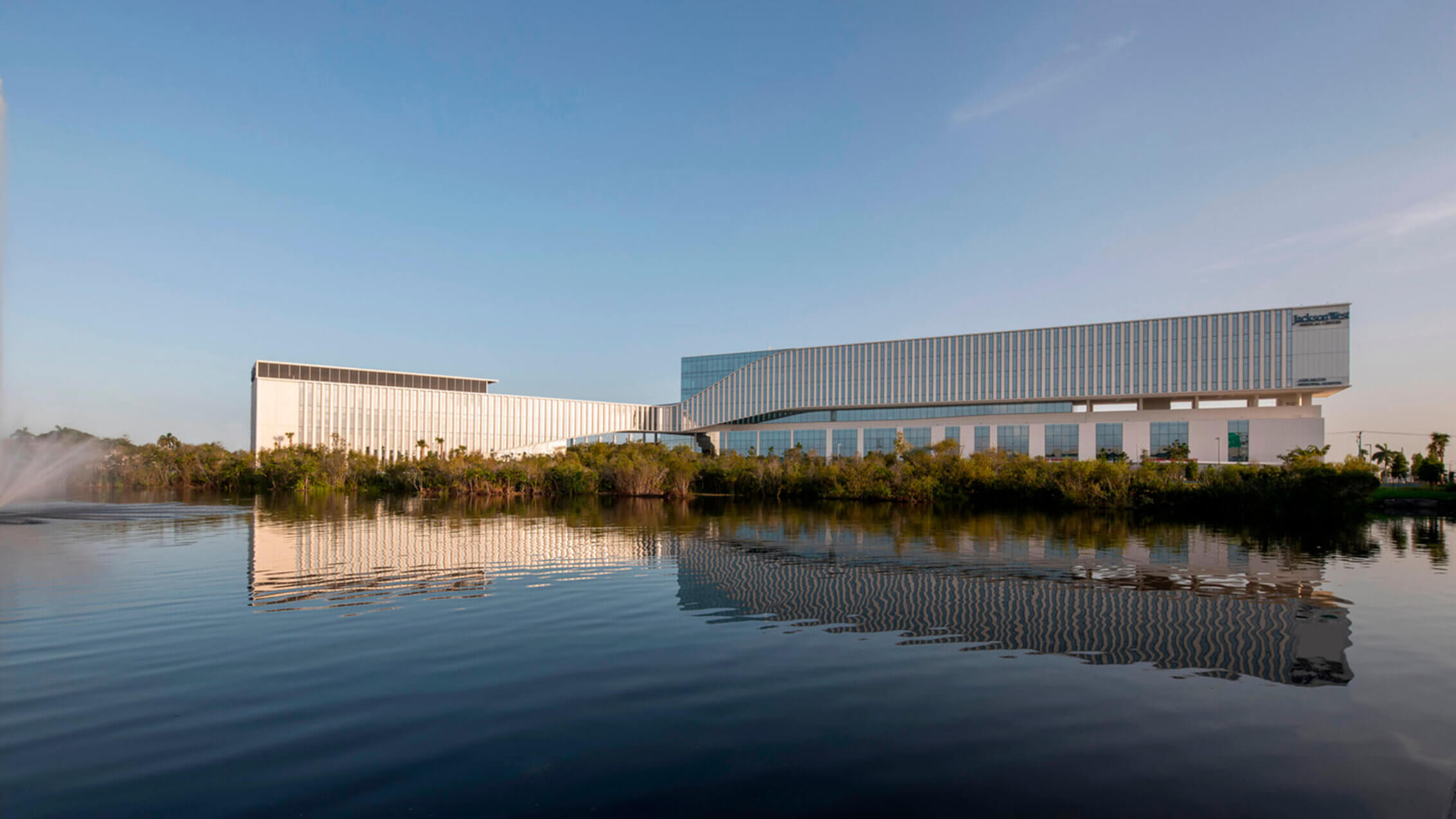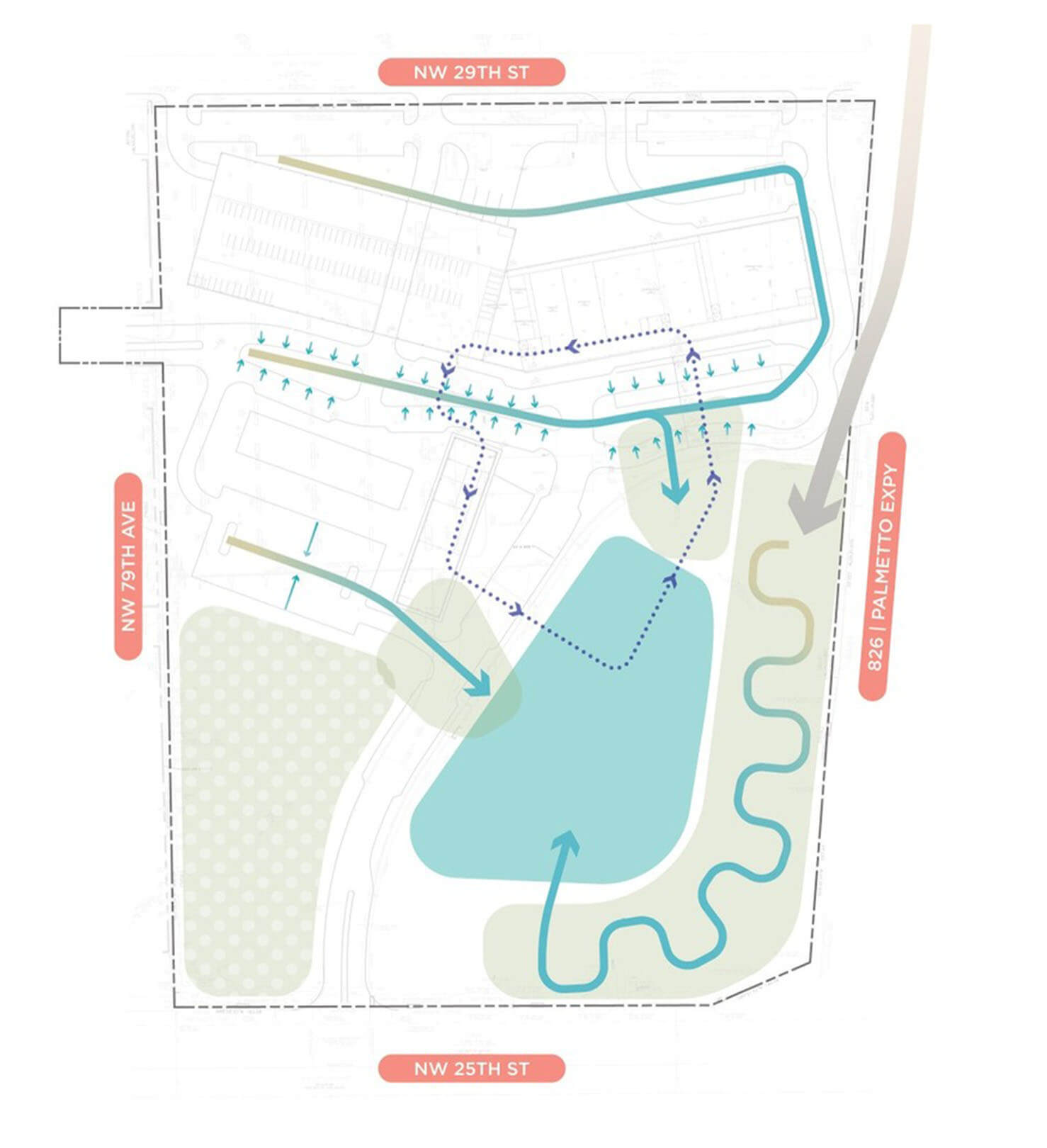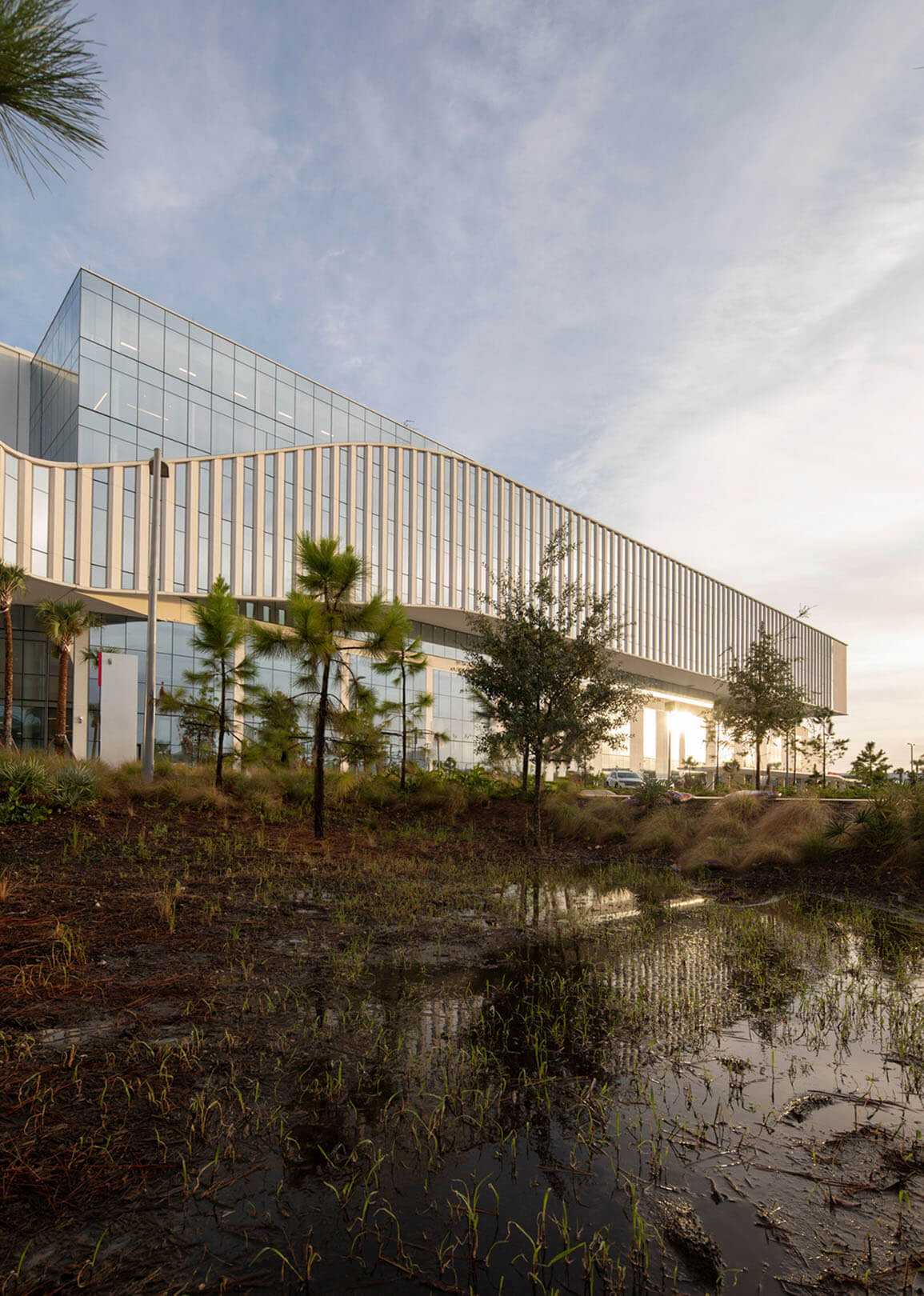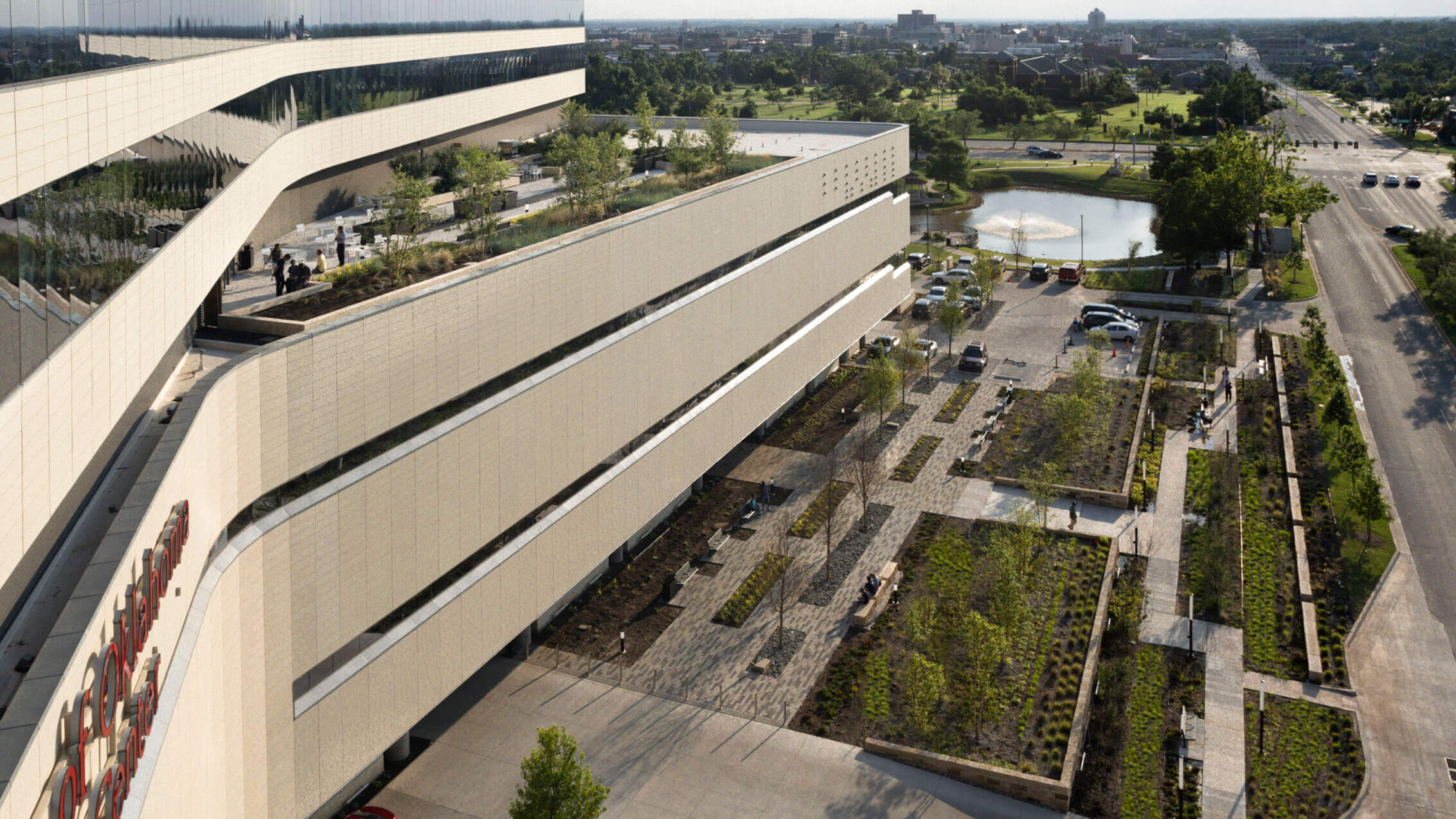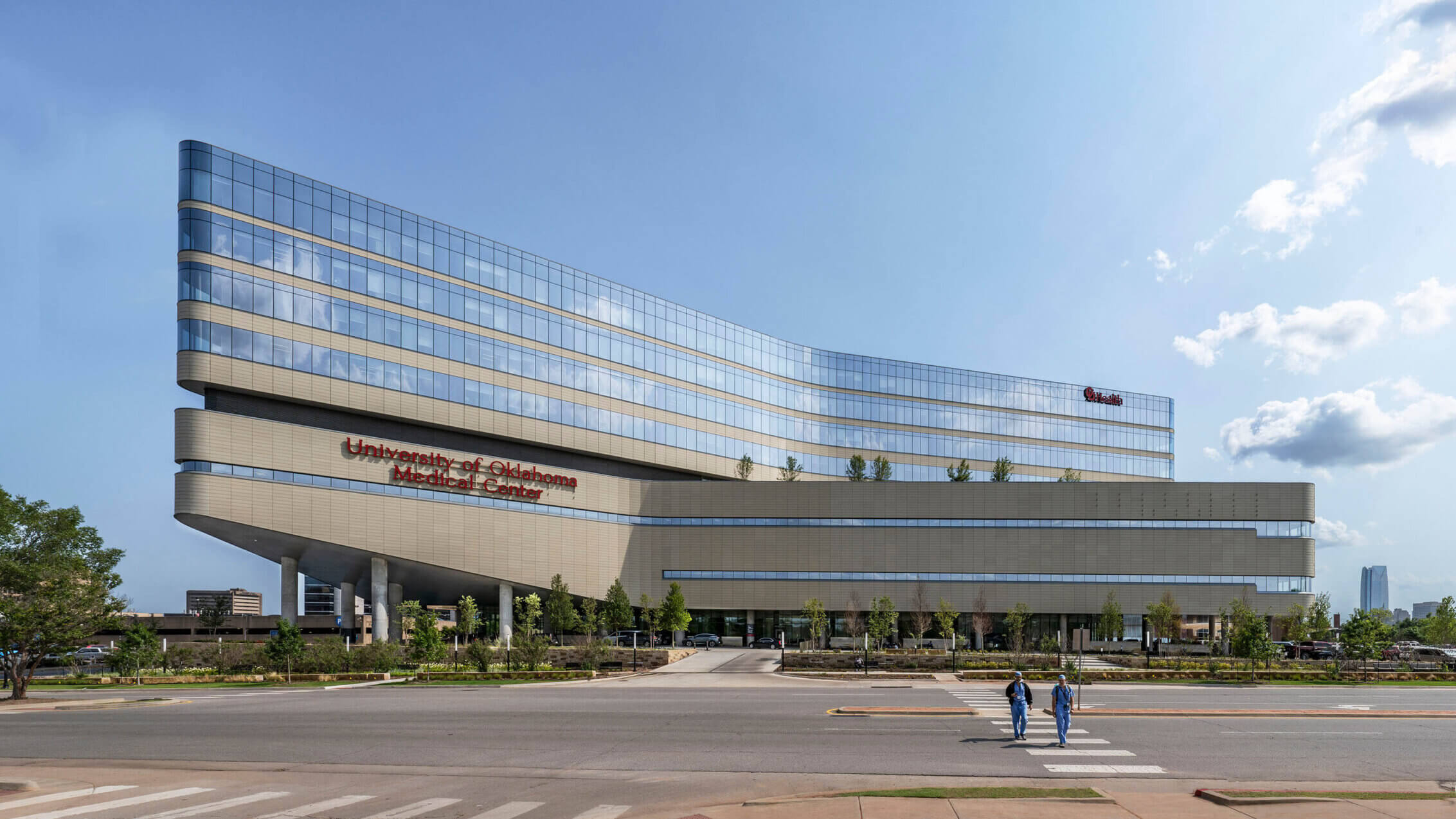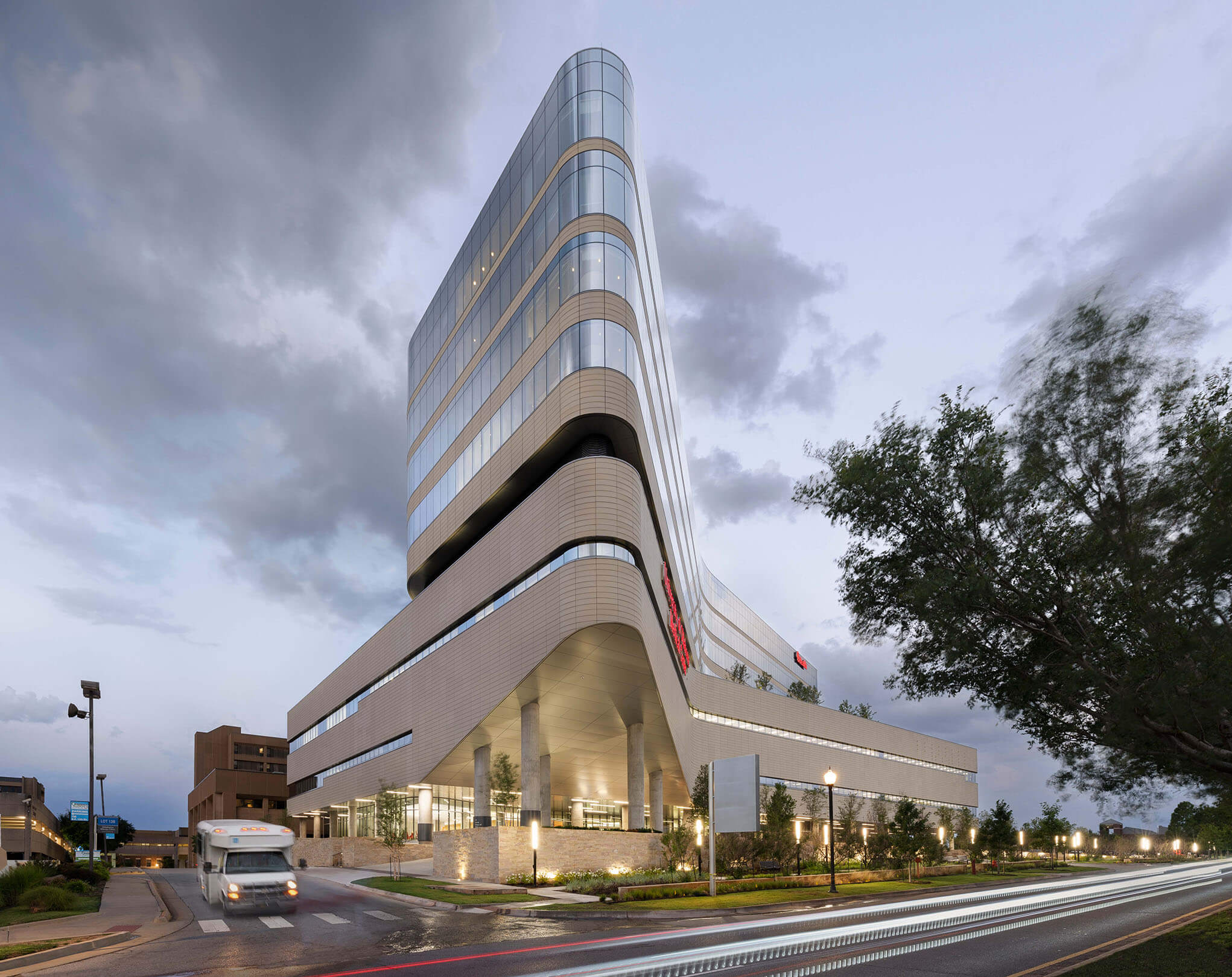Efficiency and patient comfort will always be important design considerations, but future hospitals will also be more responsive to the needs of the community and the demands of the environment. That’s driven by a growing recognition that hospitals don’t deliver healthcare in a vacuum: As noted by the Lown Institute, a nonpartisan think tank, “Hospitals are also employers, purchasers, political actors, and part of the physical environment of their neighborhoods. The decisions they make have a great impact on the well-being of their community.”
In fact, the journal Frontiers of Health Services Management is exploring the merits of evaluating hospitals according to the ESG (environmental, social, and governance) framework, citing the “moral imperative to address these health determinants.” Promoting responsibility aligns with the healthcare system’s wider goals to address the needs of patients, providers, and the general public, says architect and healthcare strategist Ashley Dias. “Everything is connected,” she says. “Hospitals are increasingly aware of their social and environmental impacts, and of the impact of facility design on provider morale.”



